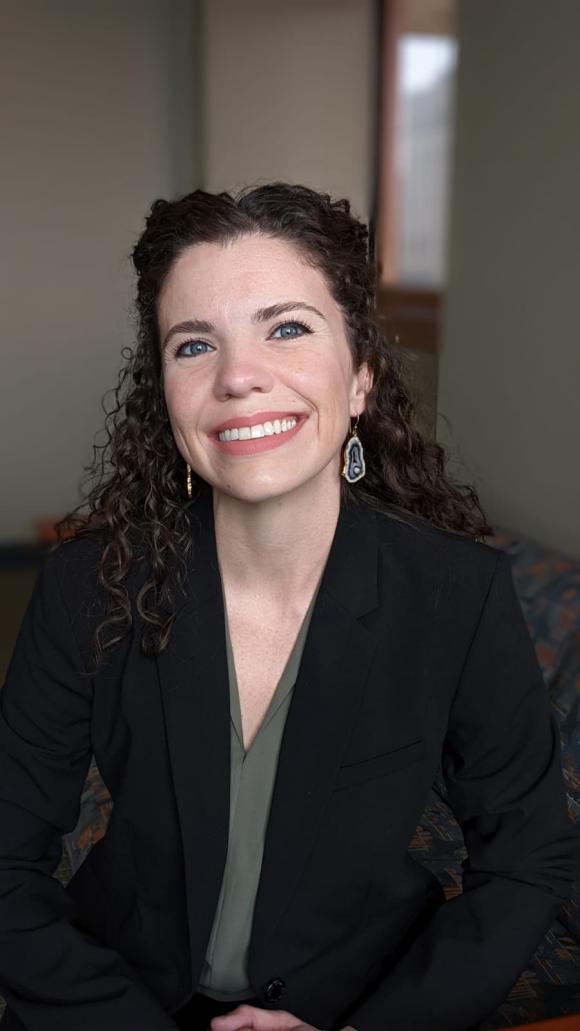These three Rutgers Law students find their inspiration in the everyday experiences of women.
To mark Women’s History Month, a time to celebrate the contributions and achievements of women, we asked three students: is there a moment or person in women’s history that inspired you to become a lawyer? We expected comments about Supreme Court justices, politicians, and activists. But what we found was that Rutgers Law students find the most inspiration in the stories and experiences of ordinary, hardworking women: immigrants, refugees, mothers, and employees.
Here’s what Rutgers Law students had to say about where they’re finding inspiration this Women’s History Month.

Erin Sweeney: I was inspired to become an immigration lawyer because of so many people I have met in my life, from visa applicants in Nigeria trying to come to the US for a better life to classmates struggling to find legal status to refugees and asylees looking for safety. I think my fascination with immigration/migration, though, stems from my grandmother—one of thousands of young Irish girls in the early 1900s who, seeing no future for herself at home, took the long journey by steamship to New York City to try her luck in a foreign land. She didn’t need a visa or any permission to enter; yet, today, those wanting the same opportunity must navigate an immigration system that surely my grandmother would have never gotten through successfully. As I embark on my new career as an immigration attorney, I hope to provide opportunities and pathways for immigrants, especially women and girls, to have the same ability to settle here as my grandmother and many like her did nearly a century ago.

Kate Doyle: I understand that when one of us is deprived of our liberties, we all suffer. For this reason, it was never any one specific person who inspired me to go to law school. My law school journey is inspired by parents raising children in the wealthiest country on the planet, who are unable to pay the raising costs of rent; Texans who have been deprived of their constitutional right to abortion for 200 days now; and Black mothers, who cannot be certain that police officers won't murder their children even when they are asleep peacefully in their own beds. Though she's not the reason I pursued lawyering, the words of radical abolitionist feminist Angela Davis have inspired me, generally: “You have to act as if it were possible to radically transform the world. And you have to do it all the time.”

Trang Do: One of the main reasons I decided to attend law school was because I felt it would put me in a better position to fight for equality. Coming to law school with an extensive work history, I’ve seen and experienced pay and other forms of inequity in the workplace firsthand. As we mark Women’s History Month in March, it’s still very disappointing that we also mark Equal Pay Day this year in the same month. Even more troubling, that day comes even later in the year for mothers and AAPI, Black, Native, and Hispanic women. It’s unconscionable that in 2022 women are still not receiving equal pay for equal work. I look forward to the day when we can truly focus on the achievements of women for Women’s History Month, instead of also having to highlight how far we still have to go.